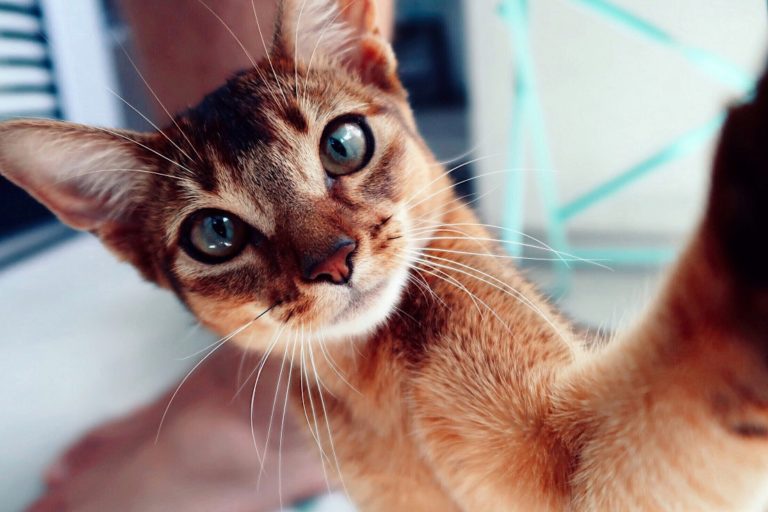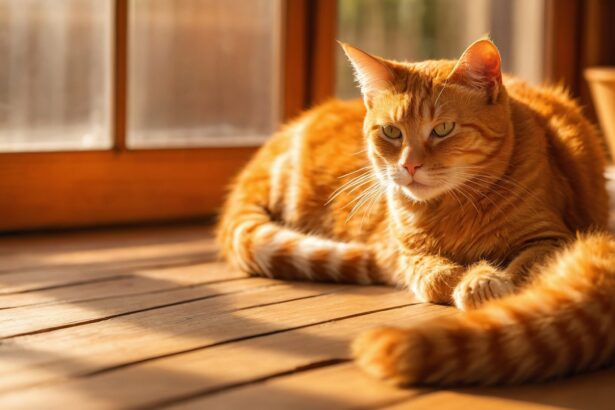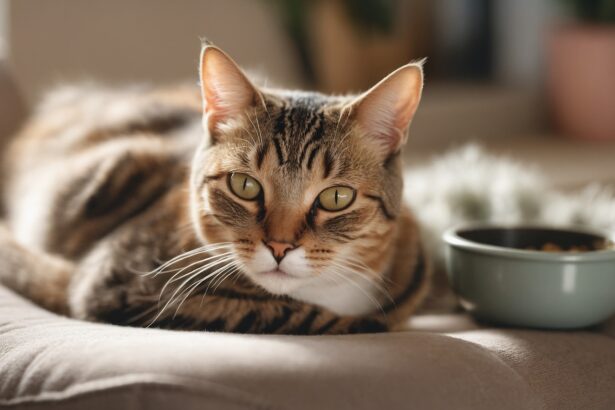Understanding meows: your cat’s human-friendly language
Your cat’s meow is not random noise; it’s a message for you. Unlike other feline sounds, adult cats mostly meow to communicate with humans, not with other cats.
Surprising fact: kittens meow to their moms, but adults mainly “save” meows for us—because we answer!
Intensity, tone and frequency vary from one fluffball to another. Some are chatterboxes; others whisper. The trick is to observe when each sound happens and what works to calm it.
Common reasons your cat meows
- “I’m hungry.” Your cat has learned meowing fills the bowl.
- “Hi, you’re home!” Brief greeting meows are normal.
- “Play with me.” Energy to burn often sounds like vocal requests.
- “Open the door, please.” Window or door meows signal curiosity or territory checks.
- Litter box issue. A dirty tray or new litter can trigger complaints.
- Stress or boredom. Changes at home, lack of enrichment, or loneliness can increase vocalization.
- Heat cycle. Unspayed females may yowl loudly when in heat.
- Senior changes. Older cats can experience confusion, especially at night, and meow more.
- Health concerns. Discomfort, dental pain, hyperthyroidism or kidney problems may increase meowing. A vet check is wise if the behavior is new or intense.
If your cat is vocal mostly after sunset, you might be dealing with meowing at night linked to energy peaks, routine, or attention-seeking.
Clues hidden in the sound
- Short “pip!” A quick hello or a curious ping.
- Drawn-out meow. A persistent request: door, food, or cuddle time.
- Yowl or howl. Often stress, pain, or heat—this one deserves your attention.
Breed and personality matter
Some cats simply have a lot to say. Siamese, Oriental, and Bengal lines tend to be expressive. Others are more discreet, and that’s fine too.
What counts? Patterns. If your quiet cat suddenly sings opera, it’s a sign to investigate.
How to respond without reinforcing meowing
Common mistake to avoid: feeding or opening doors while your cat is meowing. It teaches “I meow, you obey,” and the volume will creep up.
- Wait for 2–3 seconds of silence, then reward with food, play, or access. You’re teaching that silence opens doors.
- Use a cue word like “quiet,” pause, then reward calm. Consistency makes the cue meaningful.
- Answer greeting meows with attention, then switch to play or grooming to satisfy the need behind the sound.
Want to go deeper on meanings? Here’s a handy read to decode your cat’s meows and tones.
Practical tips to reduce excessive meowing
- Feed by schedule, not by sound. Use fixed meal times or a dispenser.
- Build a “curiosity corner.” Window perch, bird feeder outside, and rotating toys keep minds busy.
- Play smart. Two daily 10-minute play bursts with a wand toy mimic hunting. End with a snack for a “catch.”
- Litter luxury. Scoop daily, keep trays quiet and accessible. Many cats prefer unscented litter.
- Night routine. Tire your cat with evening play, then feed. A full belly and spent energy mean better sleep—and less serenading.
- For seniors. Add soft night lights and keep furniture placement stable to reduce confusion.
Original pro tip: create a one-week “meow map.” Jot the time, type of meow, and what stopped it. Patterns pop up fast, and you’ll adjust the routine with surgeon-level precision.
When meowing signals stress
New roommate? Travel? Renovations? Changes can unsettle even confident cats. Offer extra hiding spots, scent swapping for introductions, and daily routines.
Body language helps too—ear position and tail talk reveal mood. This guide to tail language can make your life easier.
When to call the vet
- Sudden or escalating meowing with no obvious cause.
- Accompanied signs: weight change, thirst, vomiting, hiding, or litter box changes.
- Senior yowling at night, especially if it’s new.
Trust your gut. You know your cat best.
If your cat meows incessantly, rule out pain first, then tweak the routine with play, enrichment, and consistent responses.
FAQ
Why does my cat meow when I leave or enter a room?
It’s a greeting or a check-in for reassurance. Offer a calm hello, then engage with play or petting to meet the need behind the meow.
Why is my cat meowing at night all of a sudden?
Energy peaks, routine changes, or age-related confusion can trigger it. Try evening play, a small bedtime snack, and soft night lighting.
Is excessive meowing a sign of illness?
It can be. Pain, dental issues, hyperthyroidism or kidney concerns may increase vocalization. If it’s new or intense, book a vet check.
How do I stop my cat from meowing for food?
Feed on schedule and only after a brief silence. Consider a timed dispenser, and add play sessions to reduce boredom-related begging.







